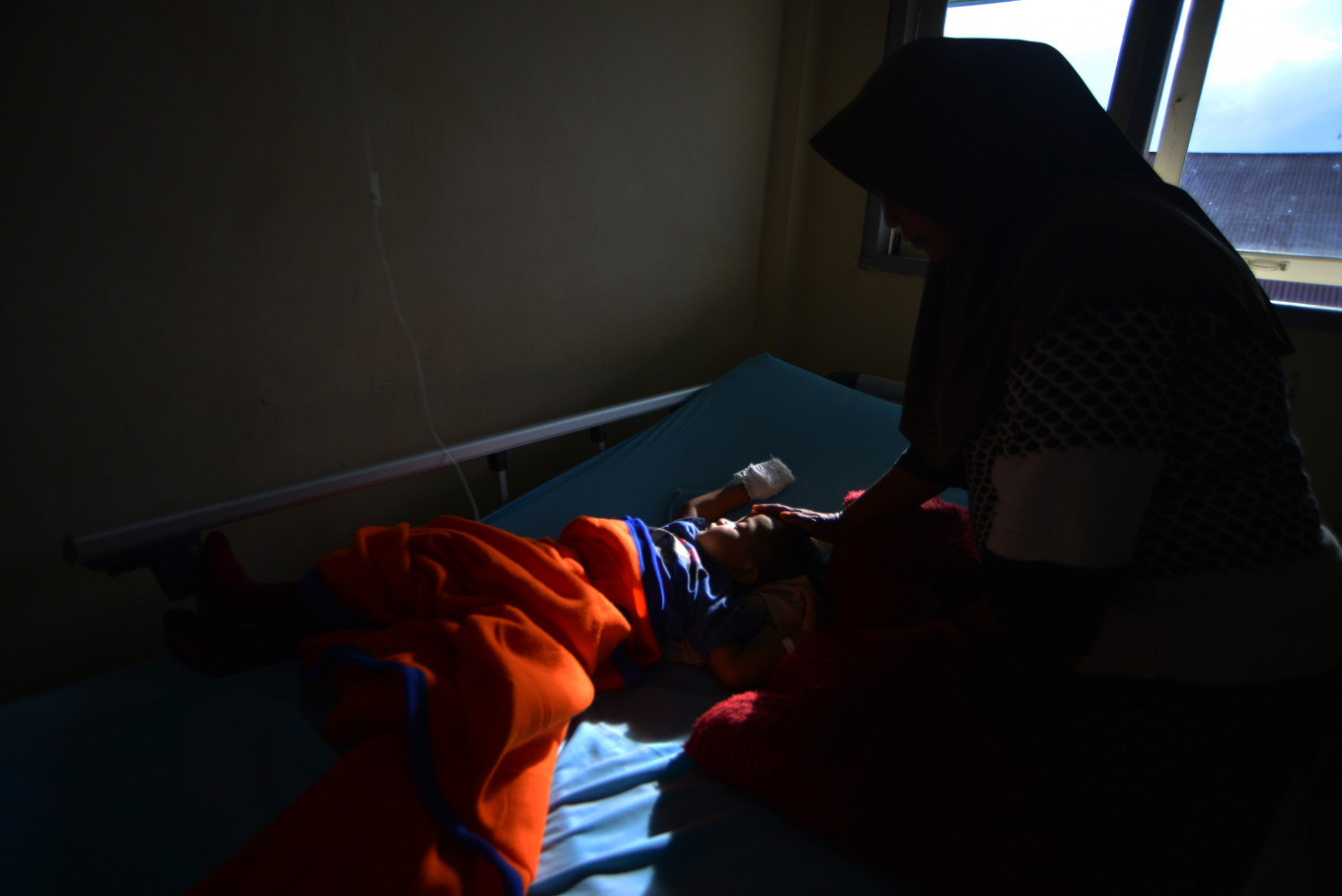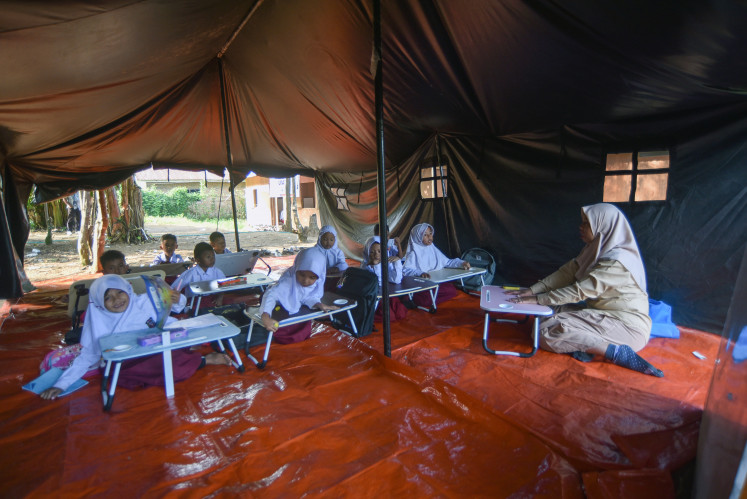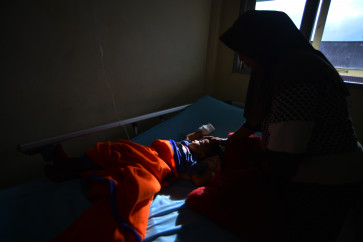Popular Reads
Top Results
Can't find what you're looking for?
View all search resultsPopular Reads
Top Results
Can't find what you're looking for?
View all search resultsMBG: When children are reduced to numbers, dehumanization follows
When thousands of sick children are dismissed as a “small number”, we are not just misrepresenting data, we are negating the very value of life itself.
Change text size
Gift Premium Articles
to Anyone
T
he recent debate over the alleged poisoning of children in the flagship Free Nutritious Meals (MBG) program touches the core of our development politics: How the state perceives its citizens.
In many official statements, the incident was described as “only a small fraction of the total beneficiaries.” This seemingly harmless technocratic phrase carries a profound moral hazard. It marks a shift in perspective, from viewing citizens as subjects of policy to reducing them into mere statistics in performance reports.
At that moment, public policy loses its moral soul.
We are witnessing the rise of statistical utilitarianism: The idea that the suffering of a minority is tolerable for the success of the majority. Jeremy Bentham might find such logic acceptable, since in Introduction to the Principles of Morals and Legislation (1789) he argued that the best policy is one that produces “the greatest happiness of the greatest number.”
But John Stuart Mill and Immanuel Kant would have disagreed. Mill, in Utilitarianism (1863), warned that collective happiness without moral grounding breeds new injustices. Kant, meanwhile, insisted that human beings must never be treated merely as means to an end. When thousands of sick children are dismissed as a “small number”, we are not just misrepresenting data, we are negating the very value of life itself.
Reducing human suffering into numbers is not new, nor is it uniquely Indonesian. History shows how totalitarian systems weaponized statistics as instruments of dehumanization. Hannah Arendt, in The Origins of Totalitarianism (1951), described how authoritarian bureaucracies regard people not as individuals with dignity but as population units to be managed, relocated, or eliminated.
The Holocaust was the most extreme manifestation of this logic: A bureaucratic process that turned mass murder into a matter of population management, efficient, procedural and statistically precise. Millions of lives were transformed into tattoo numbers, train manifests and data entries for gas chambers.



















